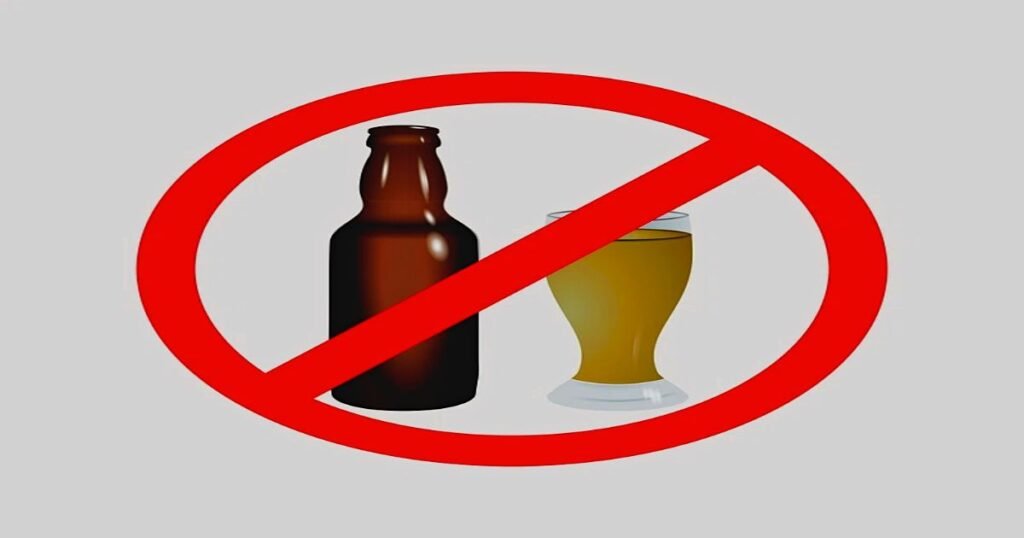Overview:
Stress is a body’s natural response to challenge, threat, or pressure. In psychology, stress is a feeling of emotional strain and pressure.
Stress may be positive or negative. Sometimes, stress helps you complete your task or avoid danger. This type of stress can be beneficial for you.
However, if you are getting stressed for a long time from any causes such as work pressure, family issues, financial crisis, health issues, or trauma, it can lead to high levels of stress and a worse mental condition.
Let’s talk about some effective ways to relieve stress.
Table of Contents
Ways To Relieve Stress Include:
1. Get Physically Active:
Getting physically active is an excellent way to relieve stress. Any form of physical activity such as exercise and yoga acts as a stress reliever.
Exercises release feel-good hormones in your body that boost your mood and a sense of calmness that helps you deal with your problems more calmly.
A study has shown that regular exercise improves symptoms of common mental health conditions such as anxiety and depression. Aim for at least 30 minutes of moderate exercise most days of the week.

2. Eat A Healthy Diet:
Diet plays a crucial role not only in managing your physical health but also in your mental health.
Nutrients such as magnesium and vitamin B are essential for regulating stress and mood. Incorporate a healthy diet including fruits, vegetables, and whole grains to manage your stress levels.
A 2022 research shows that people who consume excess ultra-processed food are more likely to experience high stress levels. So limit the intake of ultra-processed food.

3. Avoid Unhealthy Habits:
Don’t rely on alcohol, smoking, caffeine, and illegal substances to deal with your stress.
These habits can become your addiction to get relief from stress and once it becomes an addiction, it will be very difficult to get out of this. It will create more problems for you and even your loved ones.
Ultimately, these unhealthy habits will make your health more worse and increase your stress levels.

4. Stay Connected With Your Loved Ones:
Staying in touch with loved ones(such as family members) can help you relieve stress. Share your feelings, emotions, thoughts, and conditions with them.
It will give you support and help you put up with life’s ups and downs.
However, you should not share your sensitive problems such as family issues, and financial problems with outsiders as people can take advantage of your helplessness.
5. Self-Care:
Self-care is about taking time to care for your mental, emotional, and physical health. However, people are often so busy at work that they don’t get time for themselves.
Setting aside time for yourself to do such things that you enjoy can help you relieve stress. This could include activities like taking a relaxing bath, reading a book, enjoying a hobby, or simply taking time to rest.
Prioritizing self-care not only helps you manage stress but also improves your resilience and overall quality of life.
6. Meditation:
You must have heard about meditation a lot of times because it is very effective. Several studies have shown that meditation helps in relieving stress.
During meditation, you focus on your breath which helps you cut the stream of thoughts that are causing stress.
Start with just a few minutes a day of meditation and over time, you’ll notice a significant improvement in how you manage stress.
Also Read: 10 Scientific Benefits Of Meditation

7. Helping Others:
Research suggests that helping others, whether through volunteering or community service, can boost your resilience.
If volunteering isn’t feasible for you, consider doing a small act of kindness each day. Simple gestures like assisting someone across the street or giving food to beggars can make a difference.
Acts of kindness require empathy, patience, and compassion—qualities that build emotional strength. The more you practice these qualities, the better equipped you’ll be to handle your own stressors with grace.
8. Accept The Situations:
There are certain situations in our lives in which we don’t have control over them. Often, stress arises when we resist or try to change circumstances that we simply cannot influence.
Accepting such situations that you can’t change helps you relieve stress and give you a sense of calm.
For example, if you are suffering from a financial crisis, it can only be solved by creating good income sources not by taking stress.
9. Spend Time In Nature:
Several studies have shown that spending time in nature such as in parks, forests, and mountains reduces stress levels.
The natural environment has a calming effect, helping to lower cortisol levels and improve overall well-being.
Whether it’s a walk in the park, a hike in the woods, or simply sitting by a lake, being in nature allows you to disconnect from daily pressures and boost your mood, enhance focus, and promote relaxation.
10. Seek Professional Help:
If self-care measures are not able to reduce your stress levels, you should seek professional help.
Therapy and counseling can be beneficial if you’re feeling overwhelmed, trapped, or if you’re constantly worrying.
A professional counselor or therapist can assist you in identifying the root causes of your stress and help you develop new coping strategies.
The Bottom Line:
A small amount of stress could be beneficial for completing your task or avoiding dangers, but continuous stress in the long term can disturb your mental health as well as physical health.
It’s crucial to relieve your stress for a healthy and balanced life.
From getting physically active, and eating a healthy diet to avoiding unhealthy habits and practicing meditation, these are some effective ways to relieve stress.
Integrating these stress-relieving practices into your daily routine can enhance your overall well-being and lead to a more balanced, fulfilling life.
Remember, it’s important to find what works best for you—everyone’s stress management journey is unique.

